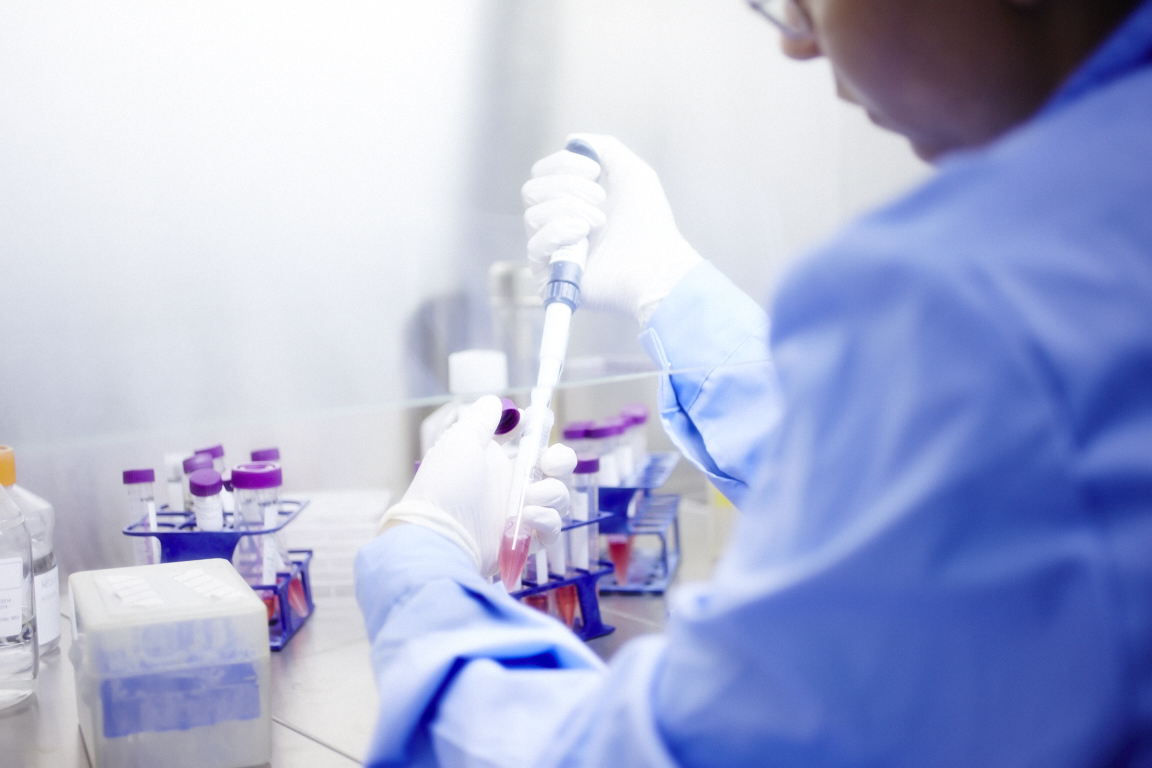The Catalan platform for accelerating innovative technologies in the Health sector
The  high levels of excellence at Catalan research centers is known, nonetheless innovation is not transferred to the market. “Very good ideas, proposals and patents come up from the research centres and our hospitals, but with no due impact on the market” says Manel Balcells, health commissioner at LEITAT. What is happening? The so called “valley of dead†– gap between research and the final product: “We should be the Massachusetts of Europe. What is the difference?” Our knowledge, to a large extent, remains on paper, or even worse, a multinational comes and takes it,” he says. The challenge is to cross this “valley of death”. “Everyone agrees that a structural change is needed so that Catalonia can take advantage of what comes out of its health system,” argues Balcells.
The answer to this problem is the Centre per a la Integració de la Medicina i les Tecnologies Innovadores (CIMTI), an agency that emerges from the agreement between the Health Department of Catalonia through the Agency for Health Quality and Assessment of Catalonia (AQuAS – in Catalan), LEITAT and The Center for Integration of Medicine & Innovative Technology (CIMIT), Boston, which inspires the new entity. The agreement will be presented in the coming weeks. Subsequently, when the project is already under way, other organisation will join.
The objective is to promote projects that have a global social and health impact arising from research centres, hospitals and primary care centres in Catalonia. “It’s not just a matter of finding solutions for Catalonia or Spain but boosting worldwide impact, sincewe are globalized,” says Balcells.
Diagnosing bladder cancer employing a chip and a drop of urine or monitoring blood pressure with a mobile are two examples of innovative health projects that are being developed in Catalonia and parts could be marketed. “Catalonia does not have the instrument to convert potential technologies that comes out of its centres into value.”
The model of this new platform is the CIMIT of Boston, a world leader in innovation in the field of health which has pioneering programs to bring innovation to market in close collaboration with industry. Among the founding institutions are the Massachusetts General Hospital and the Massachusetts Institute of Technology (MIT). CIMIT is a non-profit organisation that serves all Boston-area hospitals, and groups medical centres, universities and research institutes. Under the agreement, the US centre will provide Catalan with its methodology for detecting innovation in the healthcare environment and will also staff. “We do not copy CIMIT here because the American context is different but we adapt it,” says Balcells. CIMIT already has similar experiences in Manchester and Singapore. The collaboration with Catalonia Government is a four year agreement.
Ten innovation projects will be selected each year to be “evaluated, monitored and financed” by CIMTI in order to reach the market, as a start-ups or as a worldwide operating licenses, among other formats. “Money will no longer be a problem for these projects,” says Balcells. “We will ensure that they have adequate funding, which will come from international investment funds, especially philanthropic ones,” adds LEITAT’s health commissioner. Many projects are stuck because of the lack of funding.
Realistic projects
Projects that have a global impact, are feasible and likely to be realized in a short time will be selected. If the project succeeds, it could be opened up to other systems but, for now, the goal is to value the innovation that emerges from the Catalan healthcare system. It will also be taken into account that they can generate an economic return to finance the research done here. Priority will also be given to projects related to healthy ageing, quality of life and chronic diseases, as they also challenge the sustainability of the system.
“We are not megalomaniacs to think that we will solve the health issues in the world, but we can contribute to improve the global health, indeed,” concludes Manel Balcells.
Original source:Â http://www.ara.cat/societat/Catalunya-semmiralla-Boston-potenciar-innovacio_0_1809419077.html

